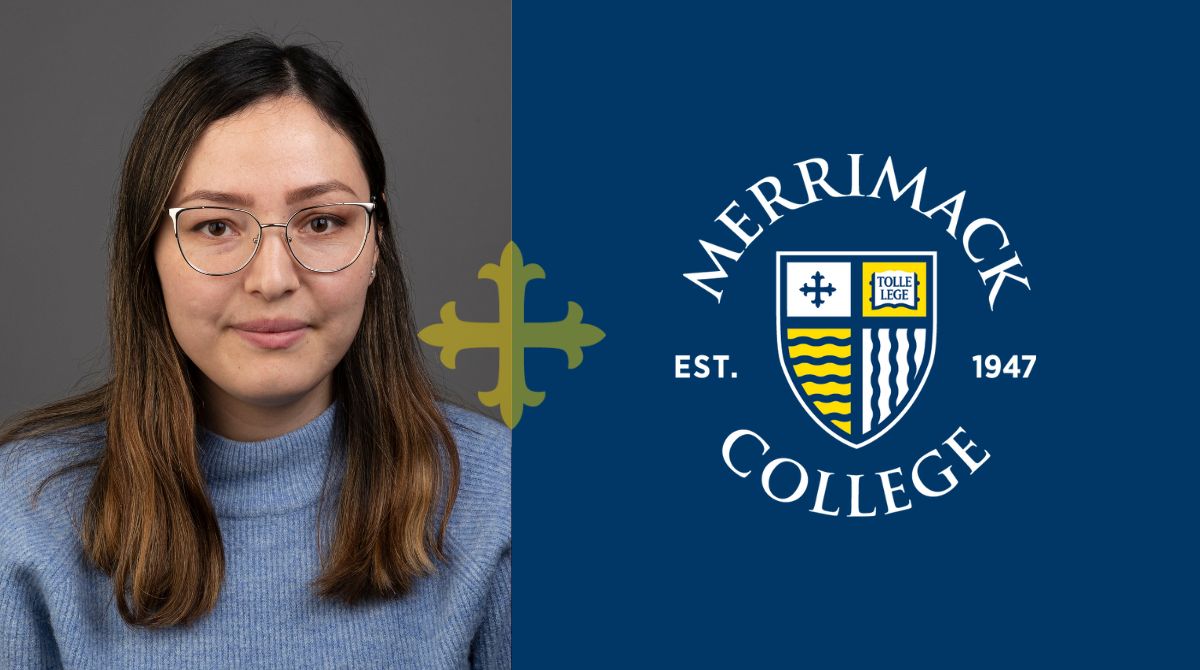Unlimited Possibilities
With more than 100 undergraduate academic programs; opportunities to major, minor and double-major across disciplines; 40+ graduate programs and accelerated master’s degrees, Merrimack offers you a breadth of academic options to choose from.
Our five schools offer an expansive list of programs ready to meet real-world market demand:
We’ve Got Your Back
Our academic approach is not just about classes. It’s about experience and providing the personalized support and caring community you need to thrive. We have more full-time faculty than most schools of our size, which means our classes are small. Our students benefit from personalized attention and interactive learning environments.
First-Year Experience
A semester-long experience to help freshman learn about academic resources, community service opportunities, and the best place to grab a burrito!
Promise Program
An exciting initiative to help students grow academically and personally in their freshman year and beyond.
Compass Program
A supportive program designed to help freshmen succeed on campus and in the classroom.
Honors Program
Classes, exclusive housing options, research opportunities and more for highly motivated Merrimack students.

